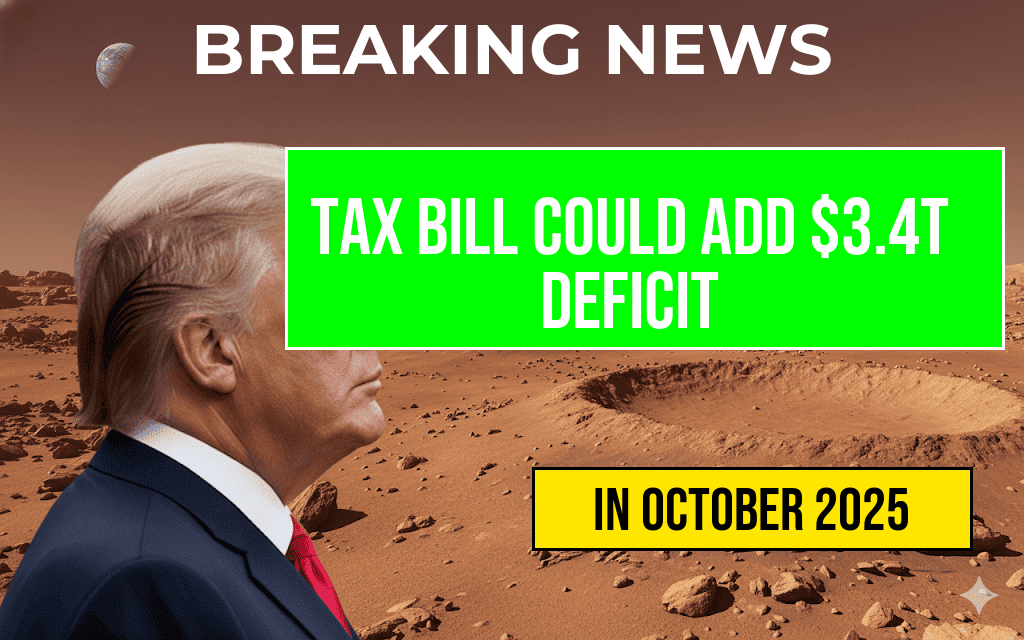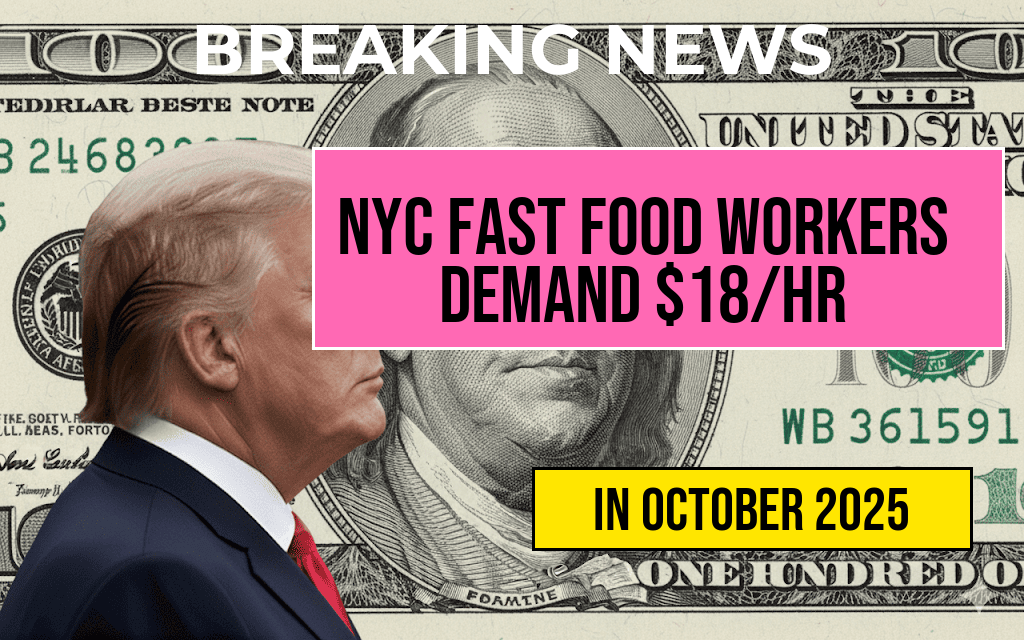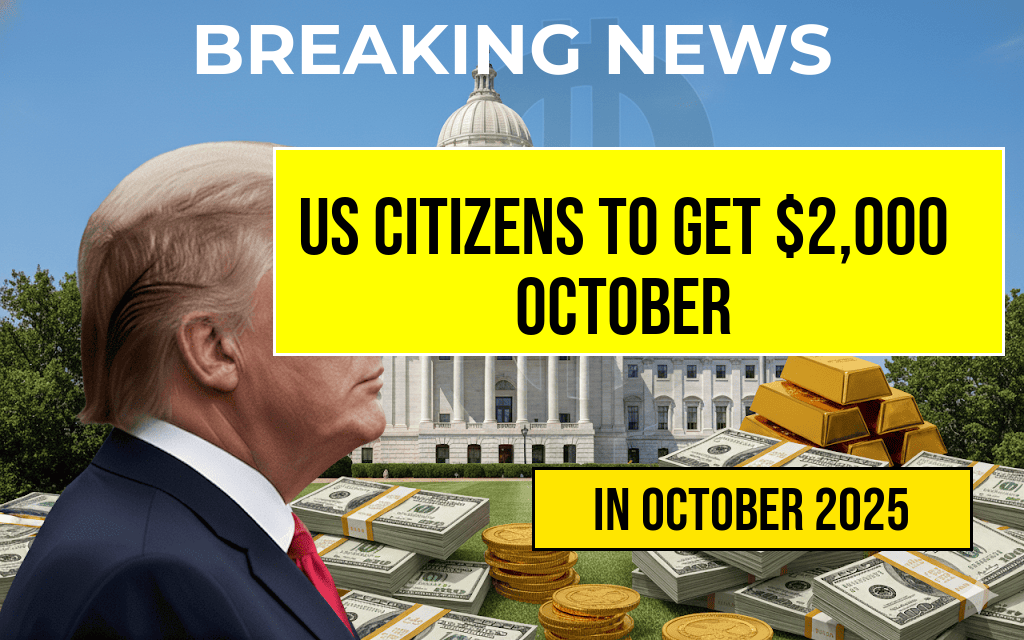Amid growing scrutiny from policymakers and financial analysts, the proposed legislation dubbed the “One Big Beautiful Bill” has sparked widespread concern over its potential to significantly inflate the U.S. federal deficit. Experts warn that if enacted, the bill could add approximately three point four trillion dollars to the national debt over the next decade, raising questions about its fiscal impact and long-term sustainability. Proponents argue the legislation aims to stimulate economic growth through targeted investments, but critics contend it risks undermining fiscal discipline at a time when deficit reduction remains a priority. This debate comes as the federal government grapples with mounting inflation pressures, rising interest rates, and an urgent need to balance economic expansion with responsible budgeting.
The Proposed Legislation and Its Objectives
Key Provisions of the “One Big Beautiful Bill”
- Massive Infrastructure Spending: Allocates over $1 trillion toward transportation, broadband, and clean energy projects.
- Tax Incentives and Credits: Introduces new incentives for renewable energy, technology innovation, and small businesses.
- Extended Social Programs: Expands healthcare subsidies and education funding with a focus on underserved communities.
- Debt-Financed Investments: Financed through increased borrowing, with little immediate offset by revenue increases.
Goals Outlined by Supporters
- Reignite economic growth in the aftermath of pandemic-related downturns.
- Address critical infrastructure gaps to improve competitiveness.
- Support social equity through expanded programs and tax credits.
- Encourage private sector investment via targeted incentives.
Projected Fiscal Impact and Critics’ Concerns
Estimating the Cost
| Scenario | Estimated Additional Cost (Trillions USD) |
|---|---|
| Baseline Estimate | 3.4 |
| Optimistic Growth Scenario | 2.8 |
| Pessimistic Growth Scenario | 4.2 |
Based on analyses by nonpartisan budget offices, the bill’s reliance on borrowing without immediate revenue offsets could significantly expand the national debt, potentially surpassing the current record levels. Critics argue that such an increase could lead to higher interest payments, crowding out essential investments in other sectors and exacerbating fiscal vulnerabilities.
Implications for the Economy and Fiscal Health
Economists warn that a substantial rise in the deficit could fuel inflationary pressures, especially if the economy overheats in response to increased government spending. Moreover, the added debt may constrain future policymaking, forcing budget cuts or tax hikes to service the debt. The Congressional Budget Office (CBO) has indicated that sustained deficits threaten long-term fiscal stability, and investments financed solely through borrowing may not deliver the promised economic returns.
Political Dynamics and Public Discourse
Partisan Divide
The legislation has become a focal point of partisan debate, with Democrats emphasizing the need for economic revitalization and Republicans warning against ballooning the deficit. The bill’s prospects in Congress remain uncertain, with some lawmakers calling for more targeted spending and others advocating for fiscal restraint. The debate underscores broader tensions over how best to balance economic growth with responsible budget management.
Public Opinion and Stakeholder Responses
Polls reveal mixed public sentiment, with some voters supporting the investments aimed at creating jobs and improving infrastructure, while others express concern over increased national debt. Major industry groups have largely supported specific provisions related to renewable energy and technology incentives, yet remain cautious about the bill’s overall fiscal implications.
Expert Analysis and Future Outlook
Economic Forecasts and Policy Recommendations
Leading economists advise a cautious approach, emphasizing the importance of aligning spending with revenue increases to prevent long-term debt accumulation. Policy analysts suggest that targeted investments should be paired with reforms to improve tax compliance and reduce unnecessary expenditures. The debate continues as lawmakers weigh the potential benefits of economic stimulus against the risks of fiscal deterioration.
Sources for Further Reading
- Federal Budget of the United States – Wikipedia
- Forbes: Can the US Afford the “One Big Beautiful Bill”?
Frequently Asked Questions
What is the main concern regarding the ‘One Big Beautiful Bill’?
The primary concern is that the bill could significantly increase the national deficit by three point four trillion dollars.
How might the bill impact the federal budget?
The bill’s provisions are projected to add a substantial amount to the federal deficit, which could affect government spending and public debt.
Who should be concerned about the potential deficit increase?
Taxpayers, policy makers, and economists should be attentive, as the bill could have long-term implications for economic stability and fiscal health.
Are there any measures in the bill to address the deficit concerns?
The article does not specify any deficit reduction measures included in the bill, highlighting the importance of scrutinizing its financial impact.
What should individuals do in response to this alert?
Individuals should stay informed about legislative developments and consider consulting with financial advisors to understand potential impacts on their finances.





